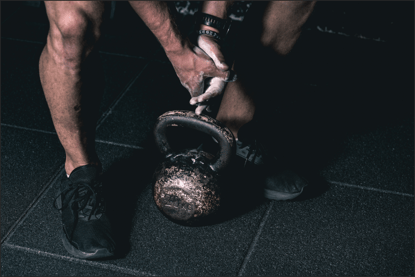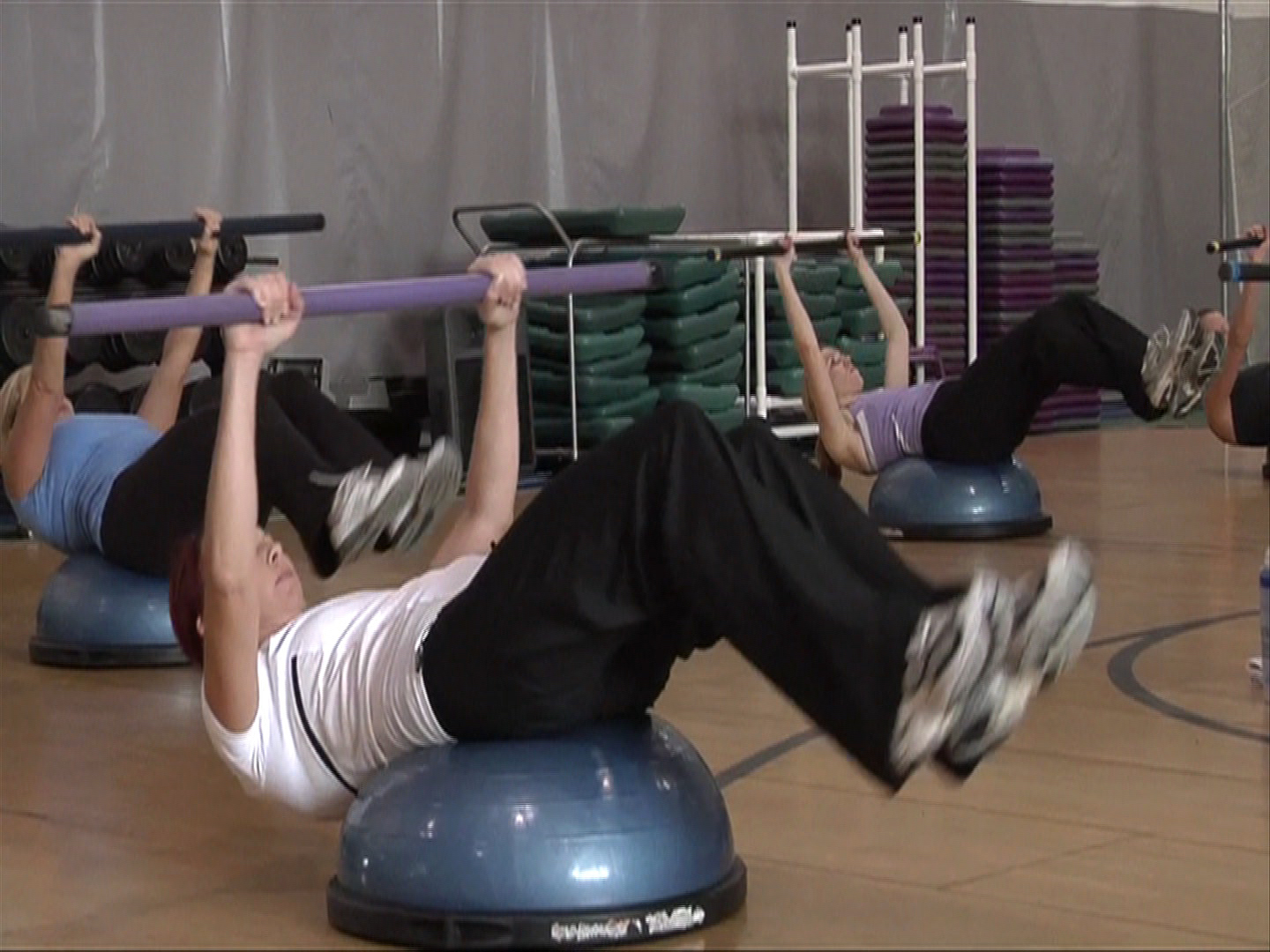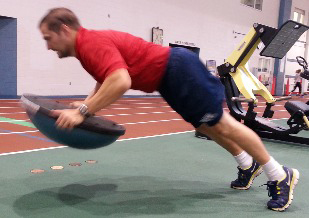
Do you find yourself to be inconsistent with your fitness routine? One week you are completing all aspects of your program without missing a beat, and the next you are struggling to get just one workout in? There is a laundry list of ideas for people to adapt to keep themselves on track with their fitness routine, but what are the major character traits seen in individuals who have a consistent workout routine? The best part about these traits is that they can be developed by anyone over time!
1. Exercise Is Valued
Whether material or moral based, things that we consider valuable in our lives are given a much higher priority than things that are not. People who are able to stick to an exercise routine place a value on exercise. This may be something that has been inherent and always a part of their life, or something newly developed based on how they have benefited from exercise itself. They have witnessed how exercise has added value to their life overall.
Think about how adding a consistent exercise routine will add value to your life, whether it is for improved health, some type of outlet, or any reason that you believe makes it valuable to you.
2. Accountability Is Apparent
Not everyone benefits from the same form of accountability, but this can be achieved in different ways and is apparent with those who have a successful routine. Some people are successful with holding themselves accountable and are guided by the voice in their head. They may take it a step further and write down what they have done and plan to do to have a visual form of accountability. Others join a group and find accountability through a coach or the other individuals that are looking for similar results.
Having a group is an excellent source of accountability; if you start to miss workouts, it will not go unnoticed, and you will have a large group of people there to help you stay on track. Others just need one person to stay accountable to their routine, whether it is a friend that is joining them a few days a week or a supportive family member checking up on them regularly. If you are lacking accountability to your fitness routine, give each of these forms of accountability a try and see which you have the most success with!
3. Satisfaction Is Measured
Finding the right balance of opportunities in our life that bring us satisfaction in a healthy way is important. At the end of a long week, it is common to reflect and determine how satisfyingly the week went in all aspects of life. Individuals who see their fitness routines as a valuable aspect of their life reflect on how satisfied they are with sticking with their fitness routine that week. No, these individuals are not always satisfied at the end of the week. Many miss a workout or two for one reason or the other during the week, but they reflect and determine why they missed it. If they are satisfied with the reason that they missed a workout, they will move past it quickly since it was probably missed due to something else of high value in their life. But if they are unsatisfied with their reason for missing, they will look for a way to ensure that it does not happen the following week.
If you do not find satisfaction from exercise currently, consider trying different forms. You might not have found the right fitness niche to achieve this, or to determine whether exercise is a value to you yet.
4. Prioritizing Is Planned
There is always an underlying reason that exercise has become a priority for these individuals. Whether they started to exercise because they were told they should to improve their overall health, they exercise to satisfy a competitive drive, or they have just done it for so long that it is a part of their daily life, these individuals will always make their exercise routine a priority. Although they still may miss a workout, they develop a plan that will best ensure that they will have time to make this priority happen during the week.
Two examples of this include waking up early to make it into the gym before work instead of after because of another obligation that came up during your regularly slated time, or having a backup plan available at home if getting out to go to the gym is not going to be an option. Here are some other ways to help make exercise a priority.
The best part about these traits is that they can all be developed if you are lacking in one or more right now! If you are struggling to stick to a fitness routine, take a look at yourself and see where you stack up with them. Learning to develop these traits as they relate to you individually will help you to stick to your exercise routine.
If you are ready to make exercise a priority in your life NIFS is here to help. Membership at NIFS includes a personal assessment and training programs designed for you by a Health Fitness Specialist. Try NIFS free for 7-days and see how we can help you make exercise a priority.
This blog was written by Stephanie Kaiser, Health Fitness Specialist. To find out more about the NIFS bloggers click here.




 individuals who only want to bring you back down to their level of unhappiness.
individuals who only want to bring you back down to their level of unhappiness.

 Warriors
Warriors 

